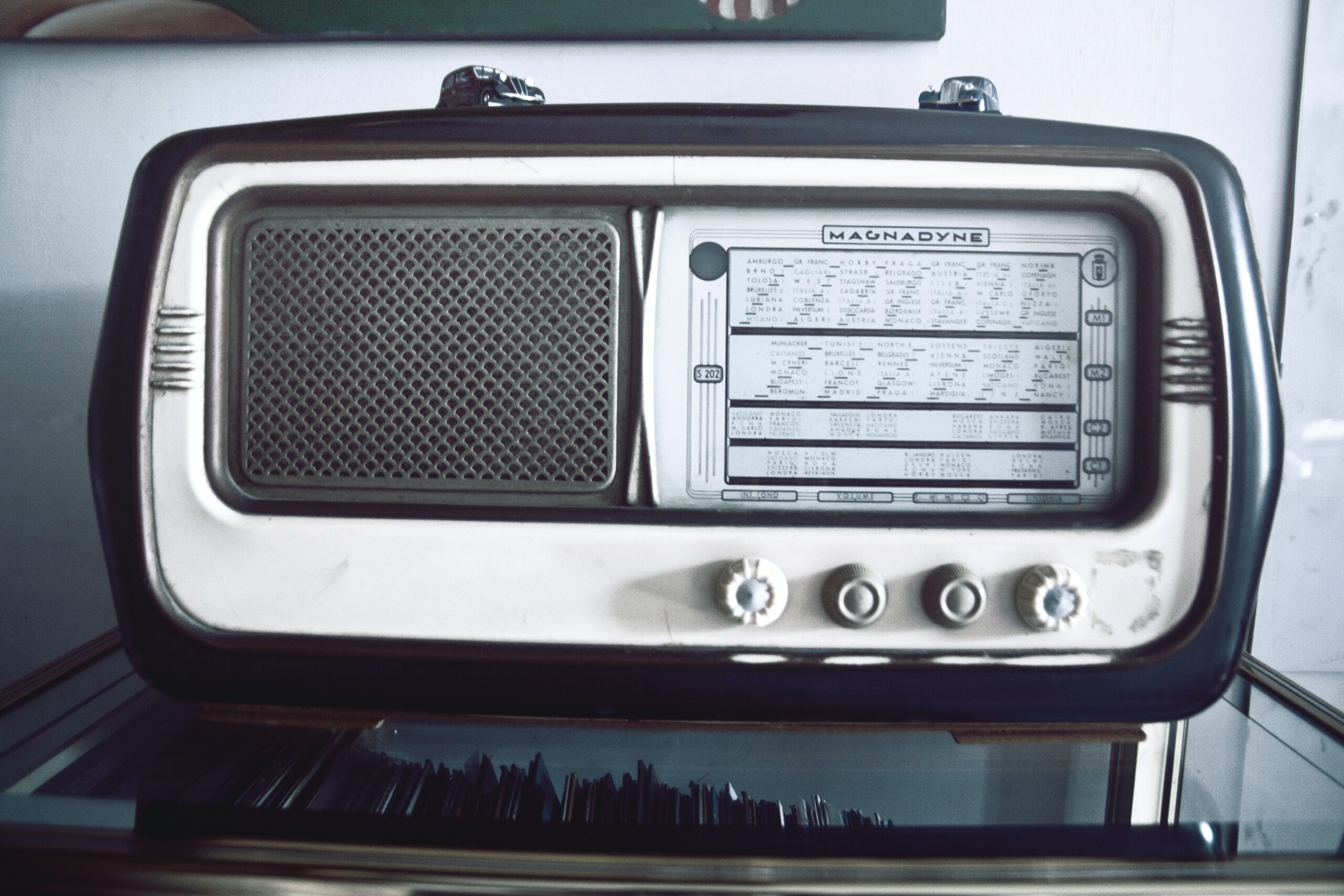
Radio Re-Socialised
By Wayne Clouten, BPR

Much has been written about how radio has reinvented itself over the years, most notably how it transformed because of the introduction of television, with radio moving from a medium people primarily consumed in the evening to a medium mainly consumed during the morning and workday.
Radio’s enduring attribute has been its ability to wrap around the lives of people, listening being something that does not prevent a person from doing other things unlike reading or watching. No other form of media has moulded itself to the way people live, like radio has.
For decades radio has been principally “socialised” as a source of information and entertainment at the beginning and end of the working day. This is where radio has performed best and been most securely anchored to the daily routine of adults.
The last few years has however created a “decoupling” of the way radio is socialised. First, there are more audio and entertainment choices diluting usage, second, the way people work and think about work and life has changed for many. This has created a much more complex matrix of listening behaviour and motivation. It would be fair to say that during the last two years all the listening balls were thrown into the air, and we are now starting to see where they are landing.
All the evidence points to a resocialisation of radio amongst many adult listeners which presents both challenges and opportunities. Some key issues include:
- More people using more radio stations for shorter periods.
- Many people, no longer starting their day with radio.
- More people using radio on weekends.
- Fewer people listening to radio every day.
- More people starting their radio listening day after 9am.
The most telling finding however is that relative to all the other listening choices adult listeners have radio is increasingly distinguished by its combination of music, personality, information, and localism. Importantly, most adults prefer this listening “mix” as a backdrop to their daily lives and get annoyed when their favourite radio station does something to screw it up and they have to find satisfaction in something else. The majority of adults who move from radio to other audio are “pushed”. The good news is that they become equally disenchanted with other audio after a while and return to radio.
What defines “localism” however has changed. It is not just local news, name-dropping suburbs, and community service announcements. It is now much more about conveying a sense of shared experience with the listener.
Understanding the resocialisation of radio in your market and why people behave the way they do is more than critical, it defines your future.
Discussion
No comments on this post yet, start a discussion below!